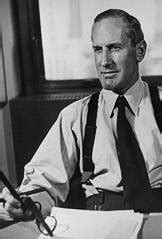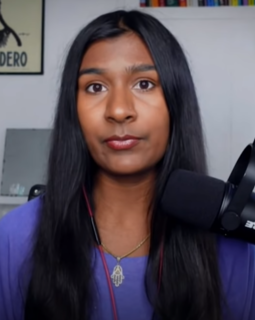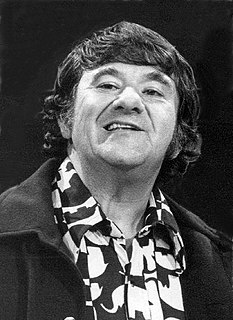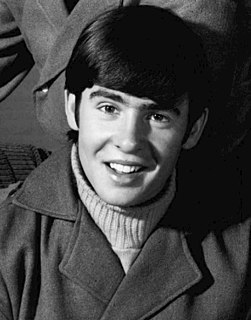A Quote by Bob Dylan
Praise be to Nero's Neptune The Titanic sails at dawn And everybody's shouting "Which Side Are You On?" And Ezra Pound and T.S. Eliot Fighting in the captain's tower While calypso singers laugh at them And fishermen hold flowers.
Related Quotes
Pound was silly, bumptious, extravagantly generous, annoying, exhibitionistic; Eliot was sensible, cautious, retiring, soothing, shy. Though Pound wrote some brilliant passages, on the whole he was a failure as a poet (sometimes even in his own estimation); Eliot went from success to success and is still quoted--and misquoted--by thousands of people who have never read him. Both men were expatriates by choice, but Eliot renounced his American citizenship and did his best to become assimilated with his fellow British subjects, while Pound always remained an American in exile.
The Brain - is wider than the Sky - For - put them side by side - The one the other will contain With ease - and You - beside - The Brain is deeper than the sea - For- hold them - Blue to Blue - The one the other will absorb - As Sponges - Buckets - do - The Brain is just the weight of God - For - Heft them - Pound for Pound - And they will differ - if they do - As Syllable from Sound.
Every poet gets to choose what kind of community he or she serves with the poems, and it's true that there is a community for very difficult, challenging poetry. It's a community that's established itself over the last 80 years, that was originally, in effect, really started by T. S. Eliot and Ezra Pound. They believed that poetry ought to contain learning, that it ought to rise upon all the learning that went before.
At the Sahara, the seats are banked and most of the audience is looking down at the stage. Everybody in the business knows: Up for singers, down for comics. The people want to idealize a singer. They want to feel superior to a comic. You're trying to make them laugh. They can't laugh at someone they're looking up to.
Everybody can relate to feeling hopeless, at some point in their life, and everybody can relate to fighting for something that's worth fighting for, and everybody can relate to a person in their life that makes them go, "I don't know why you're here right now," but then, at the end of the day, realizing you'd do anything for them.




































